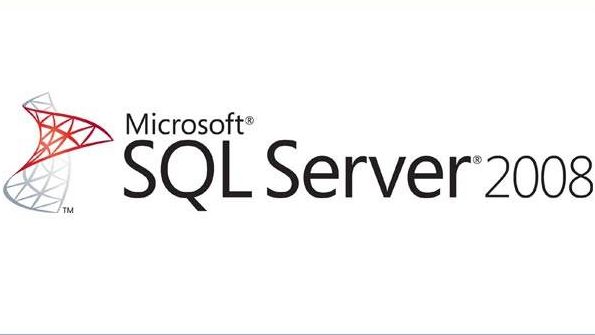The Importance of Emotional Intelligence in Graduate Job Search Success
In today’s highly competitive job market, securing a fulfilling and successful career after graduation has become increasingly challenging for many graduates. While technical skills and academic achievements are undoubtedly important, employers are now recognizing the significant role of emotional intelligence (EI) in the recruitment process. Emotional intelligence refers to the ability to understand and manage one’s emotions and effectively navigate social interactions. This article explores why emotional intelligence is crucial for graduate job search success and provides insights on how to develop and showcase this valuable skill.
- Building Relationships and Networking
One of the key aspects of emotional intelligence is the ability to build and maintain positive relationships. Networking plays a vital role in the job search process, and individuals with high emotional intelligence excel in this area. They possess strong interpersonal skills, allowing them to connect with others genuinely and leave a lasting impression. Building meaningful relationships with professionals in their desired field can open doors to hidden job opportunities, referrals, and valuable advice, giving emotionally intelligent graduates a competitive edge.
- Effective Communication and Collaboration
Effective communication is essential in any workplace, and emotionally intelligent graduates possess the skills to communicate their ideas and thoughts clearly and empathetically. They can understand and adapt to different communication styles, allowing them to collaborate effectively with colleagues, superiors, and clients. Strong communication skills facilitate teamwork, conflict resolution, and the ability to influence and motivate others, making emotionally intelligent individuals highly valuable to employers.
- Adaptability and Resilience
The job market is dynamic, and graduates must be adaptable to navigate through the inevitable challenges and uncertainties. Emotional intelligence equips individuals with the ability to adapt to changing circumstances, bounce back from setbacks, and maintain a positive attitude. Employers seek candidates who can remain calm under pressure, handle criticism constructively, and demonstrate resilience in the face of adversity. Emotional intelligence empowers graduates to navigate through challenging situations, demonstrating their ability to thrive in the workplace.
- Self-Awareness and Personal Growth
Emotionally intelligent individuals possess a high level of self-awareness, understanding their strengths, weaknesses, and emotions. This awareness allows graduates to make informed career decisions, aligning their choices with their values, interests, and goals. They can effectively manage their emotions, resulting in improved focus, decision-making, and productivity. Additionally, emotionally intelligent individuals are proactive in seeking personal growth and continuous learning, demonstrating their commitment to self-improvement, which is highly regarded by employers.
- Leadership and Influencing Skills
Leadership positions require more than just technical expertise. Emotional intelligence plays a pivotal role in effective leadership. Graduates with strong emotional intelligence can understand and empathize with their team members, motivate and inspire others, and resolve conflicts amicably. Their ability to connect with others on an emotional level fosters trust and loyalty, enabling them to lead by example and create a positive work environment.
In the competitive landscape of the graduate job market, emotional intelligence has emerged as a crucial skill for success. While technical knowledge and academic achievements remain significant, employers recognize the value of individuals who possess strong emotional intelligence. By cultivating emotional intelligence, graduates can build meaningful relationships, communicate effectively, adapt to changing circumstances, and demonstrate leadership skills. Developing emotional intelligence enhances one’s chances of securing a desired job, thriving in the workplace, and building a successful and fulfilling career.

